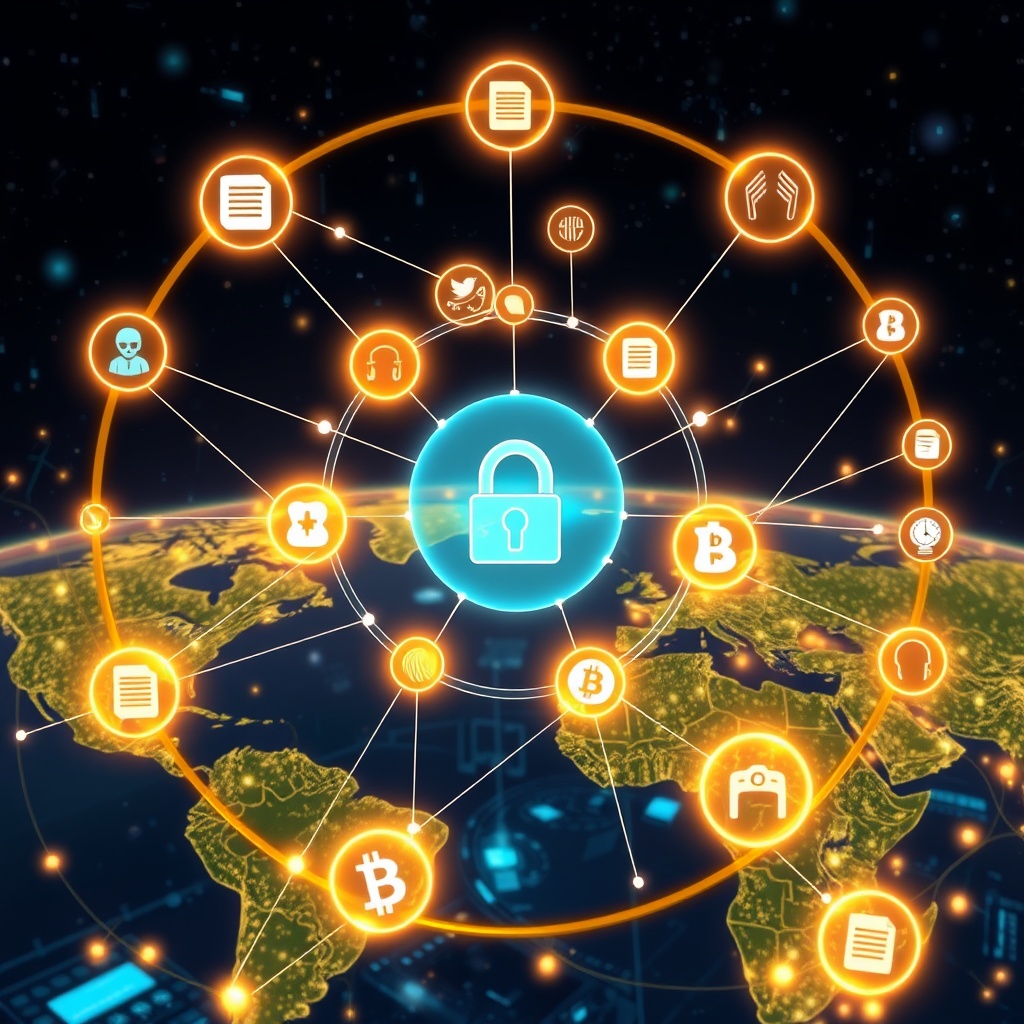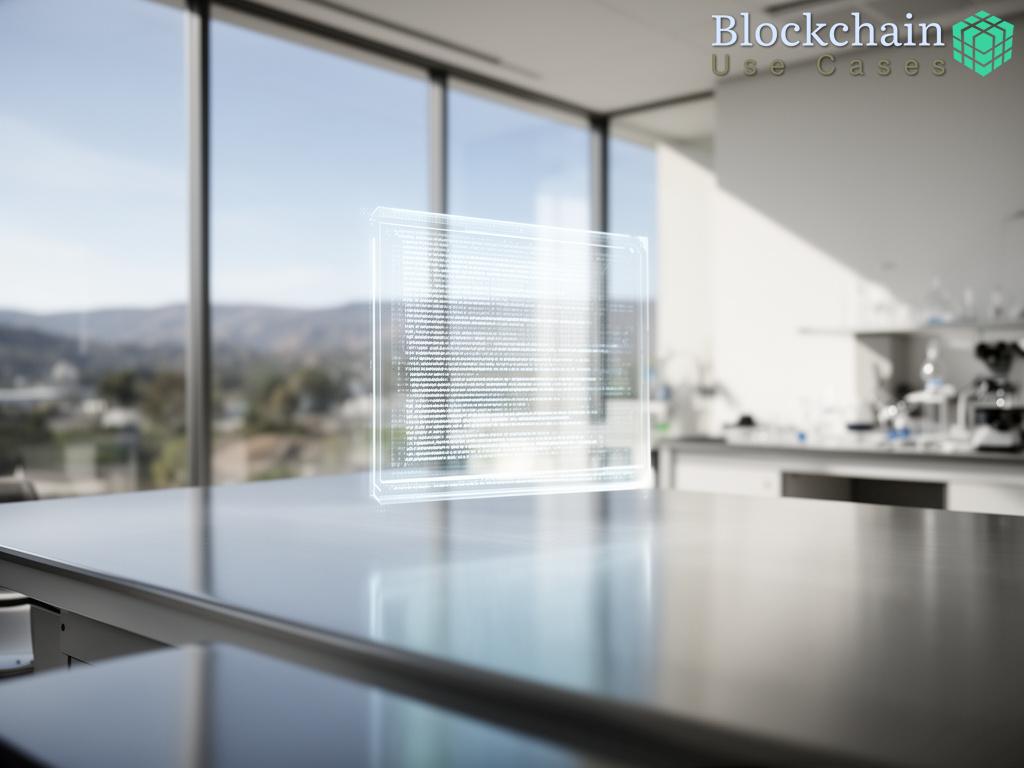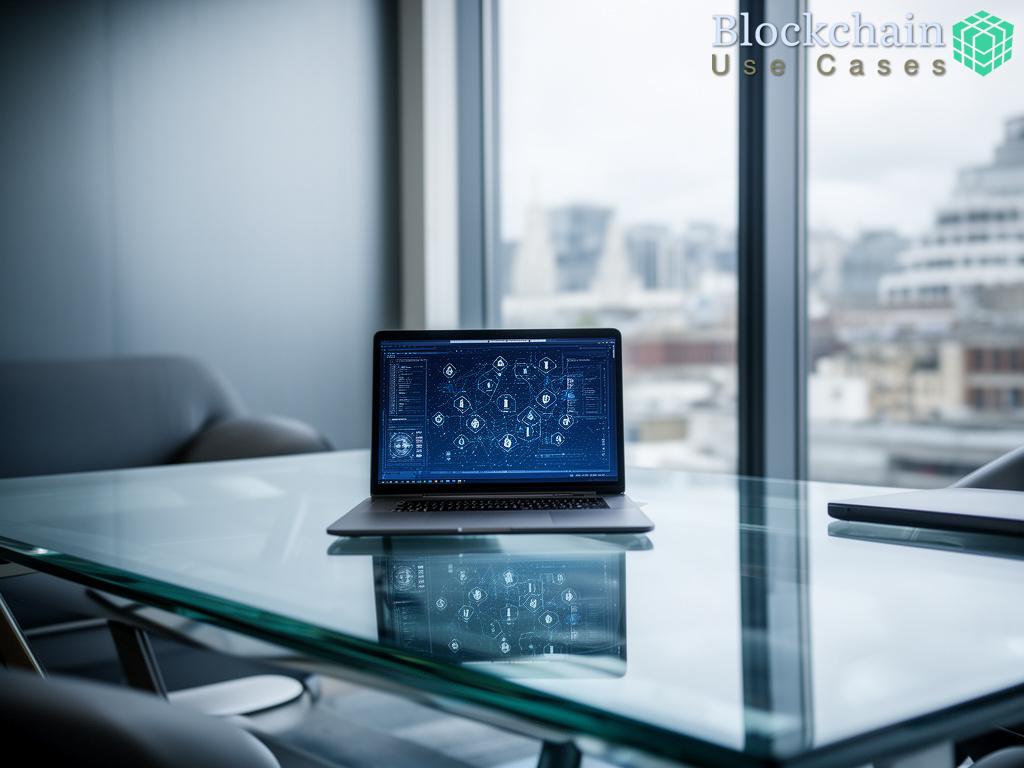Empowering Creators Through Decentralization
In an era where digital content is created and shared at an unprecedented rate, the need for effective management of intellectual property (IP) rights has never been more critical. Traditional systems often struggle to keep pace with the rapid evolution of technology and the complexities of global distribution. Enter decentralized systems—an innovative solution that promises to empower creators while enhancing transparency and security in IP management.
Decentralized systems leverage blockchain technology to create a transparent, secure, and immutable record of ownership and rights associated with creative works. By removing intermediaries, these systems not only reduce costs but also provide creators with greater control over their intellectual property.
Comparative Advantages of Decentralized IP Management
The transformative potential of decentralized systems lies in their ability to address several key challenges faced by creators and businesses in the realm of intellectual property. Here’s a brief overview of the advantages these systems offer:
- Enhanced Security: Blockchain’s cryptographic features protect against unauthorized access and alterations.
- Global Accessibility: Decentralized platforms are accessible to anyone with an internet connection, enabling creators from diverse backgrounds to participate.
- Cost Efficiency: By eliminating middlemen, decentralized systems can significantly lower transaction costs associated with IP management.
- Real-Time Tracking: Blockchain technology allows for real-time tracking of ownership and usage, enhancing accountability.
- Smart Contracts: Automating agreements through smart contracts ensures that creators receive fair compensation for their work.
Future Trends and Implications for IP Rights
As decentralized systems continue to evolve, they present exciting opportunities for the future of intellectual property management. With advancements in AI and machine learning, these systems could automatically enforce rights and streamline licensing processes, making it easier for creators to monetize their work.
However, the transition to decentralized IP management is not without its challenges. Legal frameworks must adapt to accommodate these new technologies, and education around their use is crucial for widespread adoption. As we look towards the future, it is clear that decentralized systems could redefine the landscape of global intellectual property rights, making it more equitable and accessible for all stakeholders.





